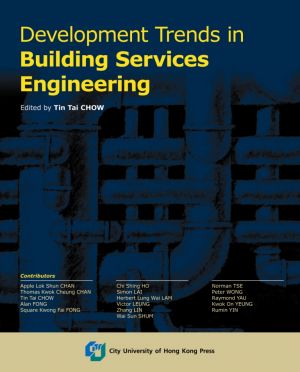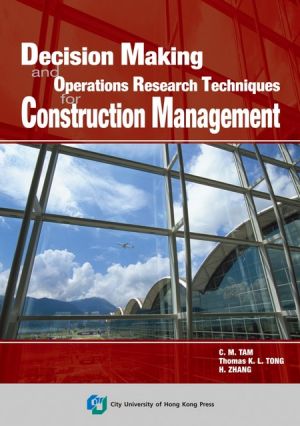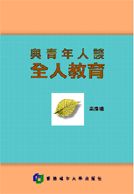Mandatory Building Inspection—An Independent Study on Aged Private Buildings and Professional Workforce in Hong Kong
Memories are still vivid on the incident: on 29 January 2010, a five-storey building at 45J Ma Tau Wai Road, To Kwa Wan, Hong Kong collapsed, causing four deaths and two injuries. The tragedy has raised public concerns about the safety of many of Hong Kong's old and dilapidated buildings.
Realising that the presence of ageing buildings lacking proper care and maintenance poses potential threats to residents and the public at large, since 2012, the Buildings Department has implemented the Mandatory Building Inspection Scheme (MBIS) to carry out inspection and rectification works for buildings aged 30 years or above.
This book, as a pioneer to review and examine the statistics and distributions of the aged buildings in Hong Kong, provides critical insights on the building decay and neglect problems. The statistical information highlighted in the book also serves to project the estimated number of aged buildings to be covered by the MBIS in the future, and the demand of professional workforce expected for the successful implementation of MBIS.
The book is useful for the practising professionals in the building industry, such as surveyors, engineers and government officials. It is also an excellent reference for students and researchers in Surveying, Construction Management and related disciplines.
To arrest the long-standing problem of building dilapidation, the Buildings Department commenced the registration of Registered Inspectors (RI) for the Mandatory Building Inspection Scheme (MBIS) on 30 December 2011. They are building professionals coming from Architects, Surveyors and Engineers. The MBIS has been fully implemented from 30 June 2012. Under the MBIS, 2000 number of buildings aged above 30 would be selected annually and the owners are required to employ the Registered Inspector for carrying out the inspection and rectification works. This book provides a critical examination on the current private building stock and existing professional workforce available for implementing the MBIS. This information can be used to project the future private building stocks that would be falling into the MBIS and thence demand of professional workforce to implement the MBIS. Therefore, this book is not only useful to policy makers, building professionals and property owners, but also to researchers and students in this field.
Chapter 1 gives us an overview on the history and latest development of building control in Hong Kong. Chapter 2 provides the statistics and analysis on the existing stock and distribution of private buildings and population density among the 18 Districts of Hong Kong. Chapter 3 reviews the historical development of building inspection scheme in Hong Kong and the scope of works under the MBIS. Chapters 4 and 5 analyse the existing stock of private buildings and provide projection of future building stock in the coming 10 years. Chapter 6 provides a review on the requirement and administrative procedures for building professionals registering as Registered Inspectors. Chapter 7 evaluates the existing supply pool of building professional workforce available for the MBIS. Chapter 8 presents the findings from the web-based questionnaire administrated to building professional and provides a projection on the demand and supply of registered inspectors in coming 10 years. Last but not least, Chapter 9 offers recommendations on how to implement and deliver the MBIS effectively.
- Introduction
- Statistics of Private Buildings in Hong Kong
- The Mandatory Building Inspection Scheme (MBIS) of Hong Kong
- Analyses on Private Buildings under MBIS
- Analyses of Private Buildings under MBIS in the 18 Districts
- Analyses of Registered Inspectors and RI-eligible Building Professionals under MBIS
- Analyses of Registered Inspector Application, Registration and Failure Rates
- Projected Demand and Supply of Workforce on Registered Inspectors
- Conclusions and Recommendations






